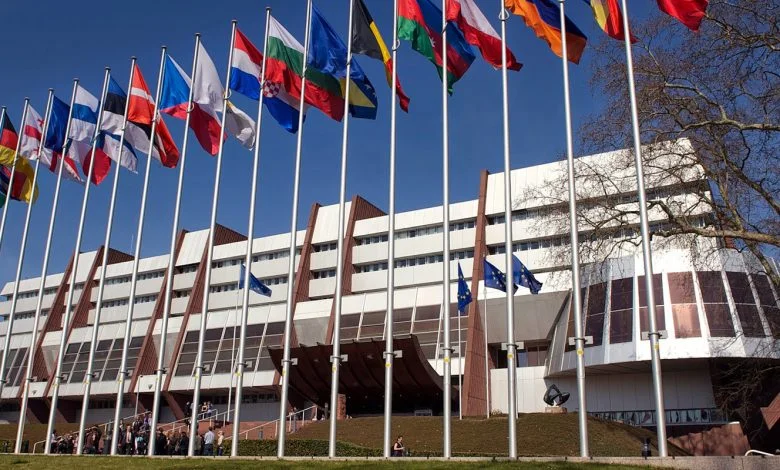
CoE Issues 24th Report on Conflict in Georgia
The Council of Europe (CoE) issued the 24th consolidated report on the conflict in Georgia, reviewing the security and human rights situation in the Russian-occupied Abkhazia and Tskhinvali Region/South Ossetia for a period of April – September 2021.
The document cited several interlocutors expressing continued concerns over the human rights situation that was exacerbated by the pandemic, as well as concerns with regard to the rights to life, freedom of movement, property, education in the native language, liberty and security.
The CoE report took note of the engagement of the Committee of the Red Cross (ICRC), United Nations High Commissioner for Refugees (UNHCR), the United Nations Development Programme (UNDP), and the World Health Organization (WHO) in humanitarian efforts in Abkhazia. Meanwhile, such engagement remained limited to ICRC in Tskhinvali Region, according to the document.
The report stressed that concerns over restrictions on access to education in the Georgian language persist in both occupied regions. No progress was reported in terms of the return of internally displaced persons to Abkhazia and Tskhinvali Region either, according to the document.
Situation in Abkhazia
In Abkhazia, the document cited reports about “borderization” activities that continued “at a steady pace” during the review period, as well as Georgian Government data on 10 persons being arbitrarily detained since the beginning of 2021.
The report said the 478-day-long closure of the crossing point between occupied Abkhazia and Georgia proper, spanning from March 14, 2020, to July 5, 2021, “worsened the humanitarian situation on the ground and amplified the challenges faced by conflict-affected communities.”
The document referred to reports of the increased number of attempted crossings bypassing the closed passage, creating occurrences of risk for life and health and leading to illegal detentions and fines.
According to the document, interlocutors highlighted impediments for access to basic rights, services, livelihoods and medical treatment in Georgia proper due to restrictions on freedom of movement, which particularly affected ethnic Georgian populations in Abkhazia.
The report also reiterated concerns about restrictions on access to education in the native language for ethnic Georgians at schools in Abkhazia.
Situation in South Ossetia/Tskhinvali Region
The report said “borderization” continued at several locations, with the Georgian government reporting 92 such incidents as well as 38 cases of arbitrary detentions since the beginning of 2021.
The consolidated report cited security observers that the situation in the Chorchana-Tsnelisi section of the dividing line remained conducive to tensions, with the risk of close encounters and escalation remaining high.
The document highlighted continued reports about the “dire” humanitarian situation in the Tskhinvali Region, especially in the predominantly ethnic Georgian-settled Akhalgori district. The report said that the restriction of the freedom of movement amid the closure of the crossing points continues to impact the access of Tskhinvali residents to medical facilities in Georgia proper.
The document raised concerns about the “continued lack of clarity and information on so-called crossing ‘permission documents’ for the ethnic Georgian population in Akhalgori,” creating additional obstacles to the freedom of movement.
- CoE Issues 23rd Report on Conflict in Georgia
- Council of Europe Issues 22nd Report on Conflict in Georgia
This post is also available in: ქართული Русский